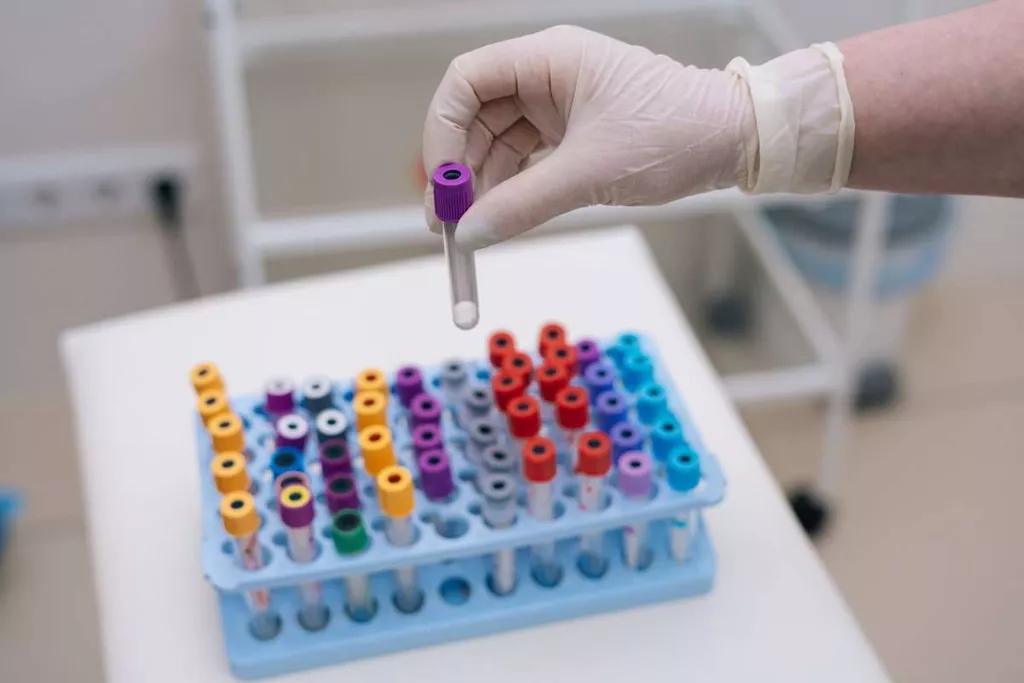What Does It Mean To Have «Wet Brain»?
Content
However, its diagnosis is frequently missed as evidenced by a higher identification of the disorder in brain autopsies than during life. Symptoms of Korsakoff syndrome consist of memory loss (including the ability to retrieve old memories and the ability to form new ones), hallucinations, and confabulation (making up stories). Korsakoff syndrome is usually a chronic condition that typically, but not always, follows an episode of Wernicke encephalopathy. Wernicke encephalopathy symptoms are often categorized as a triad of ocular (eye), cerebellar (balance and body control) and confusion symptoms. Instead of quitting alcohol cold turkey, alcohol detox centers prescribe medications to soothe your withdrawal symptoms and prevent you from experiencing cravings.
Is Wernicke-Korsakoff syndrome a disability?
Stopping alcohol use may prevent further nerve and brain damage. Most symptoms of Wernicke's encephalopathy can be reversed if detected and treated promptly and completely. However, improvement in memory function is slow and, usually, incomplete. Without treatment, these disorders can be disabling and life-threatening.
As a result, alcohol rehab programs can help you begin your recovery journey by providing you with a safe and comfortable detoxification process. The second part of Wernicke-Korsakoff Syndrome is Korsakoff’s psychosis. This part of the condition only develops if the first part is never treated. Unfortunately, about 80% to 90% of alcoholics will end up developing Korsakoff’s psychosis.
Can You Reverse Wet Brain?
As the condition progresses, however, the inflammation leads to permanent damage. This cannot be reversed, even with treatment and alcohol cessation. Wernicke-Korsakoff mush brain syndrome can occur from reasons other than alcohol use; however, the term “wet brain” is used to refer only to Wernicke-Korsakoff syndrome caused by alcohol use.
- Since the disease gets worse over time and has extremely dangerous effects, it is important for wet brain to be diagnosed as soon as possible.
- It’s important to remember, however, that alcohol addiction is a chronic and powerful disease and the way an alcoholic behaves won’t always make sense to loved ones.
- Wernicke’s encephalopathy can cause the eyes to become paralyzed, with drooping eyelids and difficulty in proper tracking.
- This is because the wet brain symptoms of this part of the condition may not necessarily be obvious.
- With low thiamine levels, cells in crucial areas of the body—such as in the brain and nerves—can not function normally, which causes degeneration of the brain and many signs and symptoms.
- Continued misuse of alcohol increases the risk of worsening this condition or developing it again.
There are several actions that could trigger this block including submitting a certain word or phrase, a SQL command or malformed data. Your recovery will depend mostly on how early you started treatment. For example, a patient with Korsakoff’s https://ecosoberhouse.com/article/causes-of-alcoholism-why-are-people-alcoholics/ psychosis may be able to discuss a childhood memory in detail. However, within an hour, they may completely forget having that conversation at all. Vision difficulties and balance issues can lead to dangerous falls and head injuries.
What Causes Wet Brain?
The alcohol will prevent the liver from converting the thiamine into a usable form. This causes the body to not be able to have enough thiamine to properly function. Wet brain, or Wernicke-Korsakoff syndrome, is a brain disorder that is caused by a severe deficiency in vitamin B1. The official medical term for wet brain syndrome is Wernicke-Korsakoff syndrome. However, many individuals, both in the medical field and out of it, refer to it as Wet Brain. Another, less common used, name for this condition is alcohol dementia.

This is partially because people struggling with an alcohol use disorder do not eat healthy meals, causing them to lack a variety of important nutrients. However, thiamine deficiency can occur for several reasons, including excessive vomiting, loss of appetite, and alcohol causing the body to have trouble processing and storing thiamine. Studies show that anywhere from 30% to 80% of those struggling with alcoholism symptoms have a thiamine deficiency. To prevent wet brain, those struggling with alcoholism should consider taking thiamine supplements. Wet brain, or Wernicke-Korsakoff syndrome caused by alcohol use, is a type of brain damage caused by low levels of thiamine.
Risks of Mixing Zoloft and Alcohol
It’s also known as Wernicke-Korsakoff Syndrome, alcohol dementia, Korsakoff Psychosis, and more. Early intervention is essential when you or a loved one is at risk of developing or already has Wernicke-Korsakoff syndrome. Continued misuse of alcohol increases the risk of worsening this condition or developing it again. Additionally, Korsakoff syndrome can lessen a person’s alcohol tolerance, which increases the risk for other health concerns related to alcohol consumption. Rehabilitation for alcohol use can help people break the cycle of addiction and receive the supportive care they need. Following an experience with Wernicke-Korsakoff syndrome, it is possible someone could still have a normal life expectancy.
To learn more about your alcohol rehab options in Asheville, North Carolina, contact Next Step Recovery today. Give us a call and we can help find the right treatment program for you or your loved one – even if it’s not ours! Although thiamine is vital to the body, the body does not make it naturally.
Up to 80% of those who survive the first stage of wet brain will go on to develop the symptoms of Korsakoff’s psychosis. While thiamine deficiency can happen to people with poor diets, it is more common in those who drink heavily over the course of many years. Alcohol not only prevents the body from getting enough thiamine from a person’s diet, but alcohol use also depletes the body’s thiamine stores, which are held in the liver. The enzymes that turn thiamine into an active compound the body can use are preventing from working when someone consumes large amounts of alcohol. Time is of the essence if you or a loved one is showing signs of wet brain syndrome. The earlier you seek help, the better your chances are of being able to fully recover.

Dejar un comentario
¿Quieres unirte a la conversación?Siéntete libre de contribuir